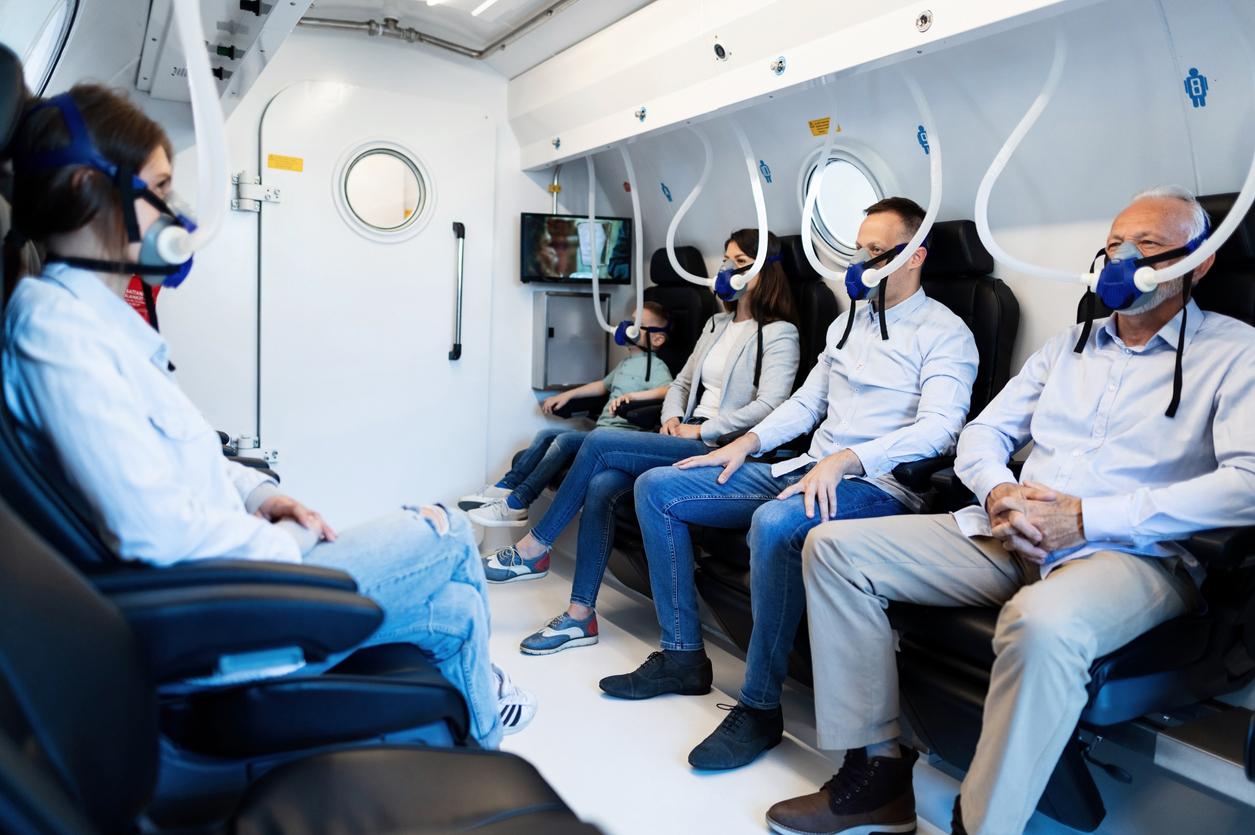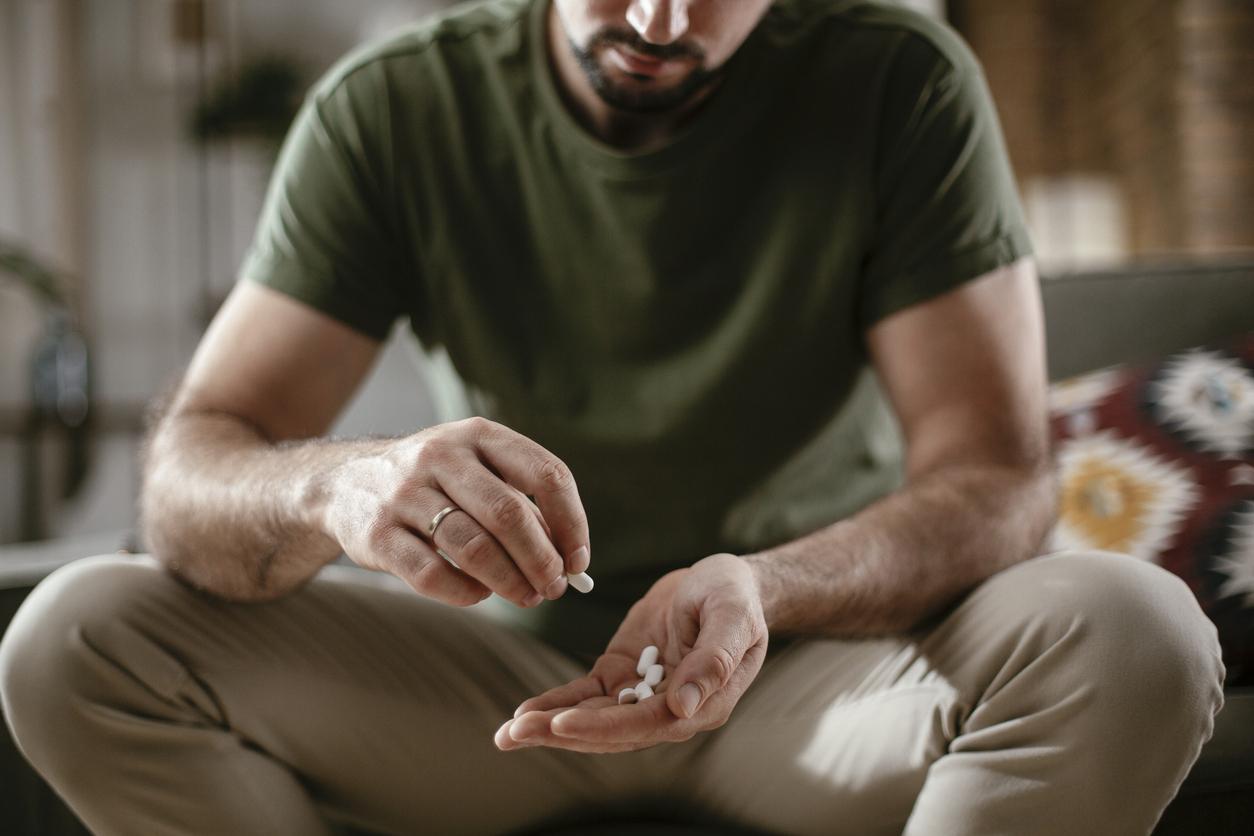We now know why some people are traumatized by tragedies and others not.

- Only 25 to 35% of people exposed to highly disturbing events develop post-traumatic stress disorder (PTSD).
- Researchers have just discovered why.
- The low presence of stress hormones in the body “not only predicts but may also causally contribute to the core symptoms of PTSD,” they explain.
Most of us experience trauma in our lives, but only 25 to 35 percent of people exposed to highly disturbing events develop post-traumatic stress disorder (PTSD). According to a new studya person’s vulnerability to this condition could be determined by the amount of stress hormones present in the body, offering a potential explanation for this discrepancy.
What are the symptoms of post-traumatic stress disorder?
People with post-traumatic stress disorder typically exhibit ongoing fear, meaning their emotional responses associated with dramatic events do not lessen over time. Other characteristics of post-traumatic stress disorder include a reduction in the volume of the hippocampus – a region of the brain that plays a key role in memory and emotions – as well as sleep disturbances.
Studies have also shown that people with PTSD tend to have lower levels of glucocorticoids, also called “stress hormones”.
“There are considerable differences in the levels of glucocorticoids that individuals release into the bloodstream when stressed,” explains Carmen Sandi, author of the study, in a press release. “Low levels of glucocorticoids are frequently observed in patients with PTSD,” she continues.
“Whether this is a trait that constitutes a pre-existing risk factor for post-traumatic stress disorder is a question that has remained unresolved for many years,” she elaborates.
Post-traumatic stress syndrome: the key role of glucocorticoids
To finally provide an answer, his team conducted experiments on mice that had been genetically modified to exhibit low levels of stress hormones.
Brain scans revealed that these rodents had a reduced hippocampus, and recordings of brain activity also indicated problems with REM sleep. Furthermore, after being conditioned to associate a noise with receiving an electric shock, mice with low cortisol responses were less able to unlearn this association and continued to freeze in fear every time they heard the noise.
These results indicate that ongoing fear, hippocampal reductions, and sleep disturbances may all be mediated by glucocorticoids, and that people with low levels of these hormones may therefore be more vulnerable to post-traumatic stress disorder. (PTSD).
To confirm the strength of this conclusion, the study authors injected the mice with additional stress hormones and found that this reduced the animals’ excessive fear and sleep disturbances.
Researchers conclude that the low presence of stress hormones “not only predicts but may also causally contribute to core PTSD symptoms.”
These results will of course have to be reproduced in humans before such hypotheses can be confirmed.
The study is published in the journal Biological Psychiatry.


















